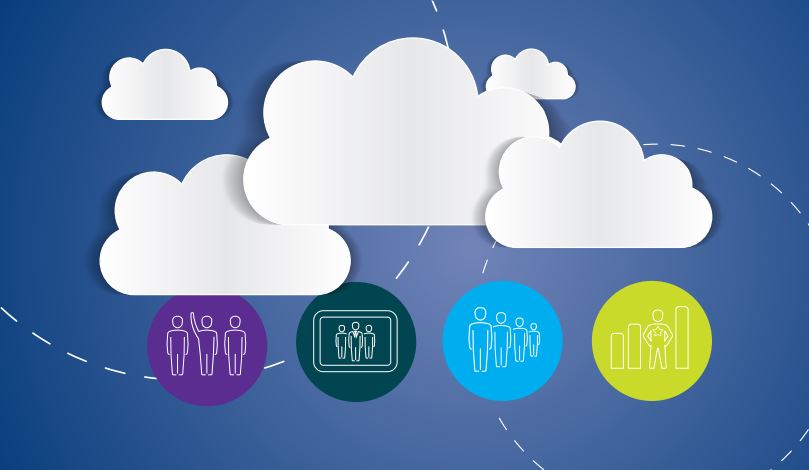A new detailed research report released from IntSights, a threat intelligence firm, reveals the cyber threat impact of COVID-19 to global business. It seems that a list of Zoom user credentials was found on the dark web.
Many companies have made the unprecedented decision to close their doors or keep essential staff in-house temporarily. Others have instructed the entire organization to work-from-home (WFH) due to the COVID-19 pandemic. Now, an entirely new set of pressures is pulling for your attention:
Systems Engineering has helped many of our customers migrate to the Microsoft Cloud, which now enables a highly distributed workforce, in response to the COVID-19 outbreak. We want to make sure you are aware of Microsoft's stance and preparedness activities specific to COVID-19. Below, Microsoft has detailed a high-level outline of key focus areas.
Working From Home: Tips to Working Remotely With Cisco Unified Communications Phone Systems
Do you need a phone solution that offers the flexibility to make and receive all business calls, without disruption or downgraded performance? The COVID-19 pandemic has left many companies with no choice but to instruct staff to work remotely or from home. As we settle into this new norm, the challenge for some organizations is the ability to maintain productivity and meet client needs with the tools they already have. For many, the solution can be found in their Cisco Unified Communications phone system.
Like many of you, we are working remotely as a company following the declaration of the COVID-19 national emergency. As previously stated, Systems Engineering is well prepared to continue working and supporting our customers during this time. As expected, the morning began with higher than usual support request volume. Many customers began their work from home experiences for the first time, and we were able to get them up and working along with our regularly scheduled services.
With the heightened awareness around the Coronavirus (COVID-19), we would like to share how Systems Engineering has prepared to handle potential upcoming challenges, as well as how you should be thinking through your approach. Over the years, we have worked with a number of our clients to develop Business Continuity Plans, applying critical thinking to how they would handle a pandemic scenario. These organizations are generally going to be better prepared to handle the uncertain path ahead.
05.01.20 UPDATE: Beginning Thursday, May 21, 2020, Systems Engineering will be moving forward with our patching service changes. We initially scheduled these for March, but then delayed as we all adjusted to working from home due to the pandemic. Our patching service changes are in response to Microsoft's new way of servicing Windows, which you can read more about in this blog post.
Beginning Thursday, March 19, 2020 May 21, 2020, Systems Engineering will be enhancing our patching services. Before we communicate these enhancements, it's essential to understand the motivation behind them. Our patching service changes are in response to Microsoft's new way of servicing Windows known as Windows as a service.












